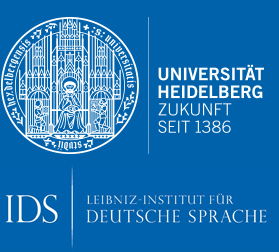Language Ideologies and Language Criticism in European Perspective
Abstract. In the languages addressed in this Handbook (i.e. German, English, French, Italian and Croatian), language ideological debates and discourses are linked to concepts of socio-cultural identity. The burning question for language philosophers as they reflect on metacommunication, as well as for language societies and for language institutions, has been and remains how this identity can be adequately represented through language. In this fifth Handbook, we link the concept of language ideologies to that of language criticism to allow us to identify the textual and discursive practices of language criticism and language reflection, along with the associated cognitive, mentality-related and attitudinal dimensions of socio-culturally influenced discourse and writing collectives. The thesis of this volume is that forms of language criticism are directly interconnected with language ideologies. In the comparative article, we examine commonalities and differences, with a particular focus on the following areas relevant to language ideology: the establishment of vernacular or national languages, which, inter alia, touches on the diversity of variants and its inherent issue of prestige, language preservation, linguistic purism, language philosophers, scholarly circles, language academies and other authoritative sources (dictionaries, grammar textbooks) as well as forms of social criticism.
Read and download the complete quotable article here.

